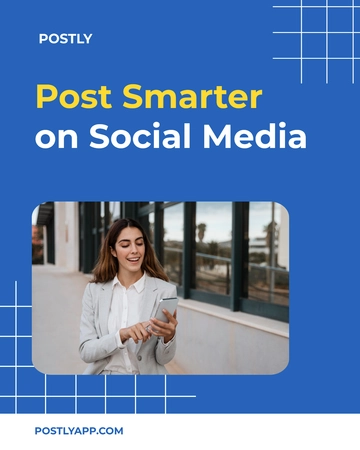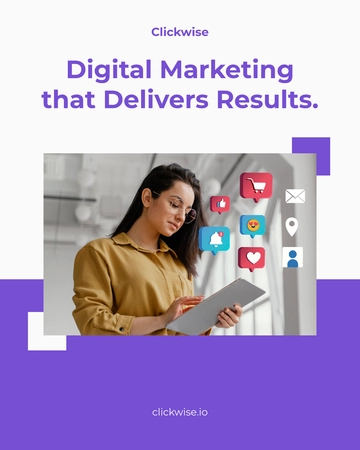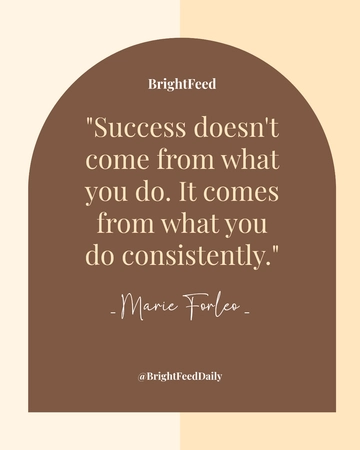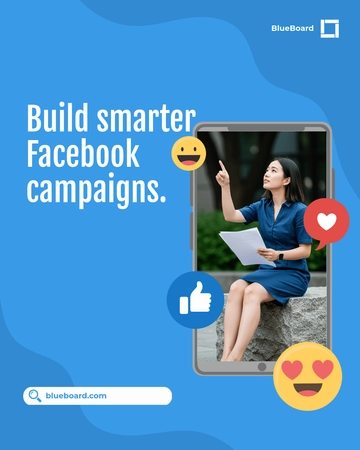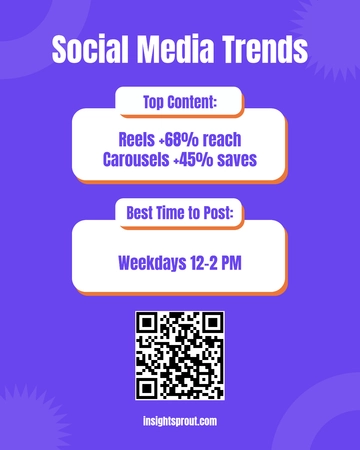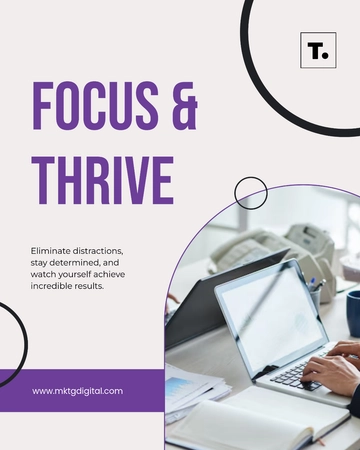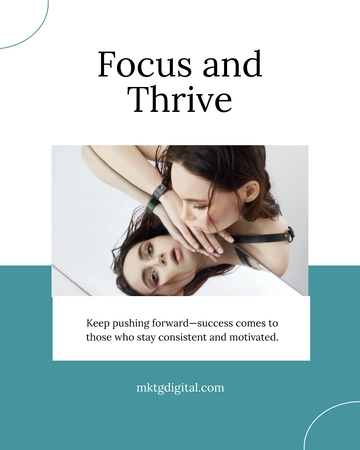Free Social Media Strategy
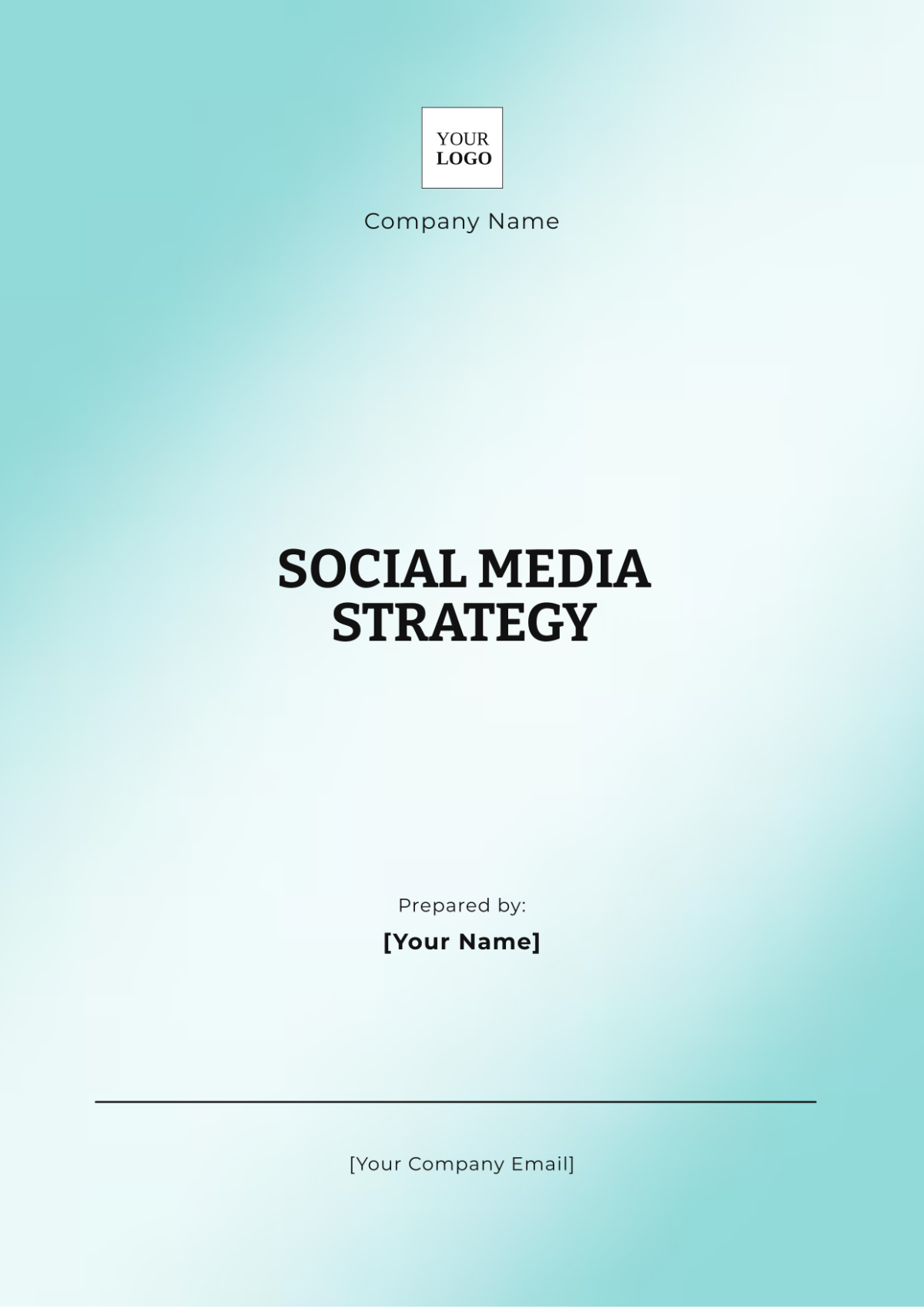
Prepared by: [Your Name]
I. Executive Summary
Objective:
The primary objective of this Social Media Strategy is to enhance the social media presence of [Your Company Name], increase brand visibility, engage with a wider audience, and drive measurable growth in followers and interactions across social media platforms.
Client Information:
Company Name: EcoTech Innovations
Contact Email: contact@ecotechinnovations.com
Company Address: 123 Greenway Drive, San Francisco, CA 94107
Contact Number: (415) 555-6789
Website: www.ecotechinnovations.com
Social Media Handles: Facebook, Instagram, Twitter, LinkedIn
II. Goals and Objectives
Increase Social Media Followers:
Achieve a 25% increase in followers on Instagram, Facebook, and Twitter within six months.
Enhance Engagement Rates:
Improve average engagement rate (likes, comments, shares) by 30% across all platforms within six months.
Boost Brand Visibility:
Increase brand mentions and visibility through strategic content sharing and collaborations.
Drive Website Traffic:
Generate a 20% increase in referral traffic to the company website from social media channels.
III. Target Audience
Demographics:
Age: 18-35 years
Gender: Male and Female
Location: Urban areas in the United States
Interests: Sustainable technology, eco-friendly products, innovation
Psychographics:
Lifestyle: Active on social media, environmentally conscious, tech-savvy.
Behavior: Engages with tech and sustainability content regularly.
IV. Social Media Platforms
Facebook:
Content Types: Posts, Stories, Live Videos, Events.
Frequency: 3-4 posts per week.
Target Audience: Millennials and Gen Z interested in tech and sustainability.
Instagram:
Content Types: Photos, Stories, Reels, IGTV.
Frequency: Daily posts, 2-3 Stories per day.
Target Audience: Young professionals and tech enthusiasts.
Twitter:
Content Types: Tweets, Retweets, Polls, Threads.
Frequency: 5-6 tweets per week.
Target Audience: Industry influencers and tech-savvy individuals.
LinkedIn:
Content Types: Articles, Company Updates, Professional Insights.
Frequency: 2-3 posts per week.
Target Audience: Professionals in technology and sustainability sectors.
V. Content Strategy
Content Pillars:
Brand Storytelling: Share the company’s history, values, and mission.
Educational Content: Share insights on sustainable tech.
Engaging Media: Use visuals, infographics, and videos to capture attention.
User-Generated Content: Highlight follower-generated content.
Content Calendar:
Date | Platform | Content Type | Topic | Responsible |
|---|---|---|---|---|
01/08/2054 | Photo Post | Behind the Scenes | Alex Johnson | |
02/08/2054 | Live Video | Q&A Session with CEO | Emily Parker | |
03/08/2054 | Tweet | Industry Trends | Alex Johnson | |
04/08/2054 | Article | Sustainable Tech Innovations | Marketing Team |
Content Guidelines:
Tone and Voice: Professional yet approachable.
Visual Style: High-quality images, consistent branding.
Hashtags: Use trending hashtags like #SustainableTech and #EcoInnovation.
VI. Influencer Collaboration
Influencer Selection:
Criteria: Relevant industry experts, high engagement rates, aligned audience.
Examples: Jessica Green (@jessica_green), Michael Tech (@michael_tech)
Campaign Objectives:
Promote New Products: Leverage influencers to showcase product launches.
Increase Brand Awareness: Create content showcasing brand values.
Campaign Details:
Type of Content: Sponsored posts, Reviews, Giveaways.
Frequency: 2-3 posts per month.
VII. Engagement Strategy
Interaction Plan:
Response Time: Respond to comments and messages within 24 hours.
Engagement Tactics: Engage with relevant user content.
Community Building:
Groups and Forums: Participate in industry-related groups and forums.
Contests and Challenges: Run social media contests to boost engagement.
VIII. Monitoring and Analytics
Key Performance Indicators (KPIs):
Metric | Target | Current Status |
|---|---|---|
Follower Growth | 25% increase | 15,000 followers currently |
Engagement Rate | 30% improvement | 2.5% current engagement rate |
Website Traffic | 20% increase | 5,000 visits per month currently |
Brand Mentions | Increase in positive mentions | 100 mentions per month currently |
Tools for Monitoring:
Google Analytics
Hootsuite
Social Media Platform Analytics
Reporting Schedule:
Monthly Reports: Track progress, analyze performance, adjust strategies.
IX. Budget Allocation
Content Creation:
Estimated Cost: $2,000 per month
Advertising:
Estimated Cost: $3,000 per month
Influencer Partnerships:
Estimated Cost: $1,500 per month
Tools and Software:
Estimated Cost: $500 per month
X. Conclusion
This strategy aims to establish a robust social media presence for [Your Company Name], focusing on engaging content, strategic partnerships, and data-driven insights to achieve significant growth and visibility.
For further information or inquiries, please contact:
[Your Company Name]
[Your Company Email]
[Your Company Number]
[Your Email]
- 100% Customizable, free editor
- Access 1 Million+ Templates, photo’s & graphics
- Download or share as a template
- Click and replace photos, graphics, text, backgrounds
- Resize, crop, AI write & more
- Access advanced editor
Enhance your marketing with the Social Media Strategy Template offered by Template.net. This customizable, downloadable, and printable template ensures a professional approach to your social media strategy. Editable in our AI Editor Tool, it provides a clear framework for organizing goals, audience insights, and content plans. Optimize your efforts with this essential template.
You may also like
- Instagram Ad
- Instagram Banner
- Instagram Frame
- Instagram Post
- Instagram Profile Picture
- Instagram Story
- Instagram Story Highlights
- Twitter Ad
- Twitter Header
- Twitter Post
- LinkedIn Photo
- Linkedin Post
- YouTube
- Youtube Ad
- Youtube Banner
- YouTube Channel Art
- YouTube End Screen
- Youtube Profile Photo
- YouTube Thumbnail
- Facebook Ad
- Facebook Cover
- Facebook Post
- Facebook Profile Frame
- Facebook Profile Photo
- Twitch Offline Banner
- Linkedin Banner
- Twitch Overlay
- Whatsapp Status
- Reddit Banner
- Social Media Banner
- Social Media Clipart
- Social Media Plan
- Social Media Contract
- Social Media Planner
- Social Media Report
- Social Media Agreement
- Social Media Business Card
- Social Media Proposal
- Social Media Presentation
